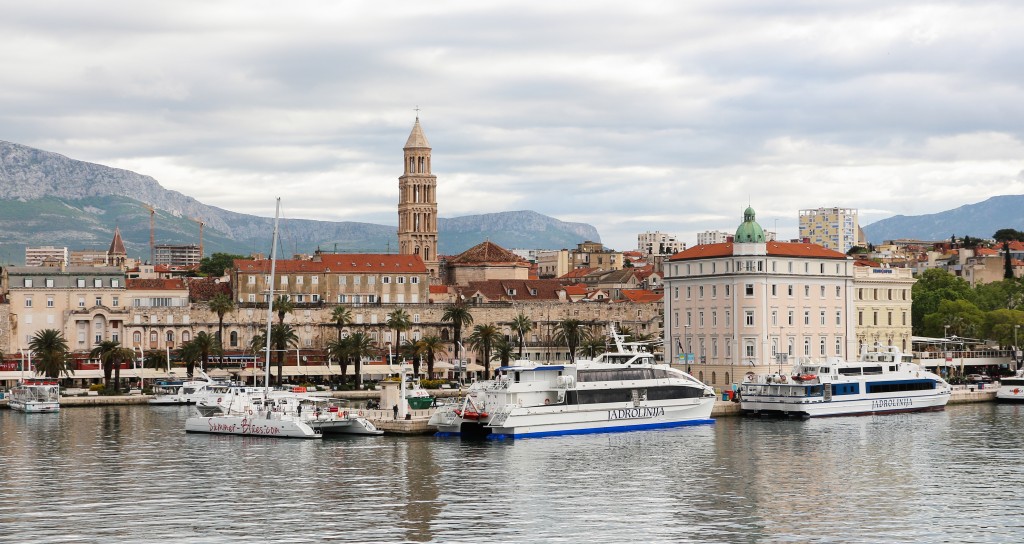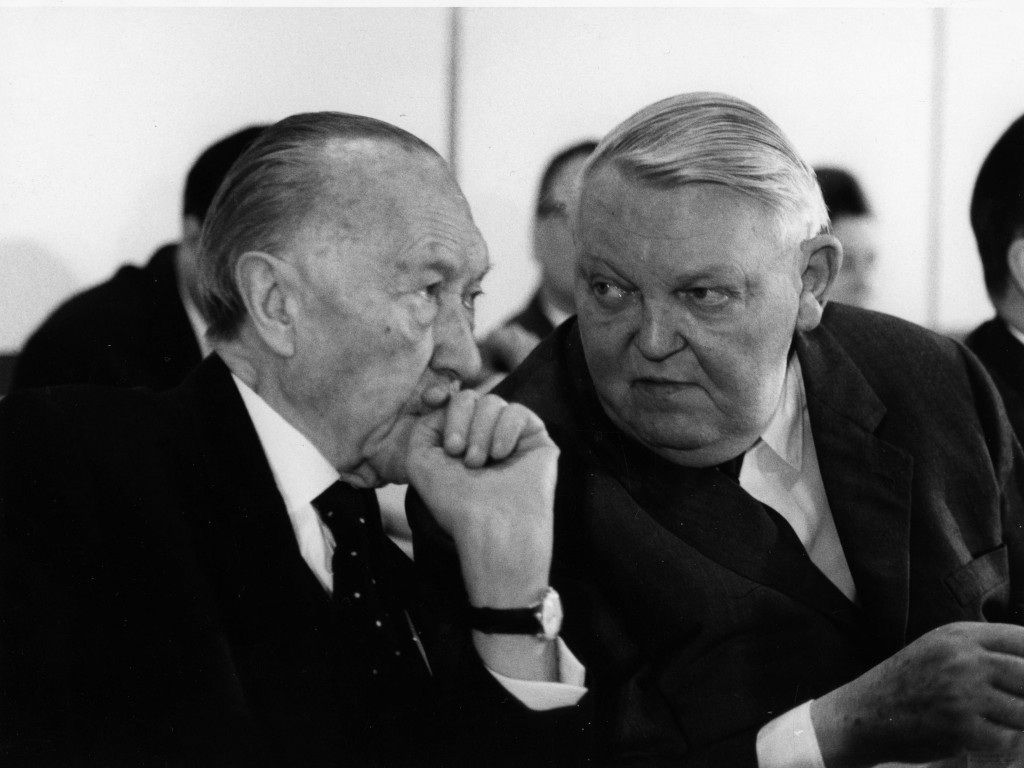
View of Diocletian’s Palace, Split. This Emperor (reigned 284–305) imposed price controls, increased taxes and restricted freedom of movement, thus contributing much to the decline and fall of the Roman Empire.
RNH Academic Director, Professor Hannes H. Gissurarson, was one of the speakers at a Young Leaders Academy held in Split, Croatia, 25–29 September 2022. It was jointly organised by the Brussels think tank New Direction and the Croatian Centre for the Renewal of Culture. The Academy set itself the task of exploring key conservative-liberal ideas such as individual responsibility, tradition, national sovereignty, liberty, and the market economy. The aim was to provide an intellectual framework for the future leaders of Europe, while strengthening their understanding of the values of Western civilization.
Gissurarson gave a brief account of the conservative-liberal tradition in European politics, starting with medieval writers Snorri Sturluson in Iceland and St. Thomas Aquinas in Italy and continuing with four key British thinkers, John Locke, David Hume, Adam Smith, and Edmund Burke. What made this liberal tradition conservative was the challenge of radical Jacobins in the French Revolution, vehemently rejected by Burke and later explained and analysed with great insight by French philosophers Benjamin Constant and Alexis de Tocqueville. What was needed, the two French thinkers concluded, was a vibrant and diverse civil society of spontaneous associations, families, congregations, local communities, sports clubs, cooperatives, even nations and nationalities, political parties and trade unions, standing between government and the individual and providing a sense of belonging and promoting responsible and meaningful citizenship.
Gissurarson observed that the successful reconstruction of Europe after the Second World War had required the alliance of conservatives and economic liberals, mentioning in particular Luigi Einaudi and Alcide de Gasperi in Italy, Ludwig Erhard and Konrad Adenauer in Germany, and Reinhard Kamitz in Austria. The Mont Pelerin Society, founded by Friedrich von Hayek in 1947 as an international academy of liberal and conservative scholars and men of affairs, had been crucial in the revival of conservative liberalism. Some of its members, such as Hayek and Milton Friedman, had inspired comprehensive economic and political reforms in countries as different as Great Britain, Chile, New Zealand, Iceland, Estonia, Poland, the Czech Republic and Georgia.
Other speakers included Croatian MP Professor Stjepo Bartulica, leader of the Centre for the Renewal of Culture in Zagreb, Alvino-Mario Fantini, Editor of the European Conservative, Dr. Alex Chafuen of the Acton Institute in Grand Rapids, Michigan, Robert Tyler from New Direction, John O’Sullivan of the Danube Institute in Budapest, and Dr. Robin Harris of the Centre for the Renewal of Culture in Zagreb. Over dinner one evening, Gissurarson expressed his appreciation of the fact that two advisers and speech writers for Margaret Thatcher, O’Sullivan and Harris, were both present, 32 years after she left office: They had fought the good fight, and they had kept the faith, as it says in the Holy Book.
Gisurarson Slides in Split 27 September 2022
Gissurarson’s Speech:



